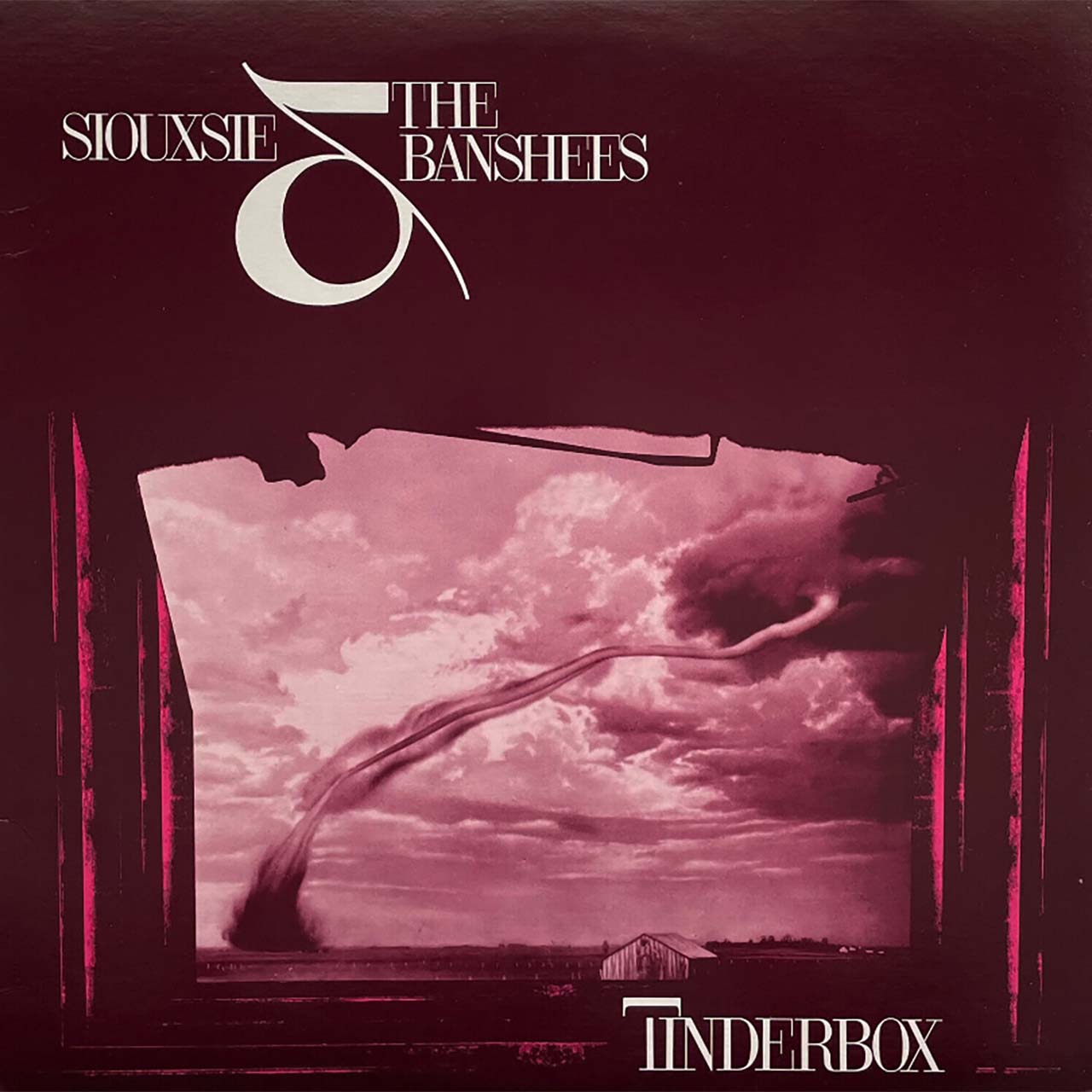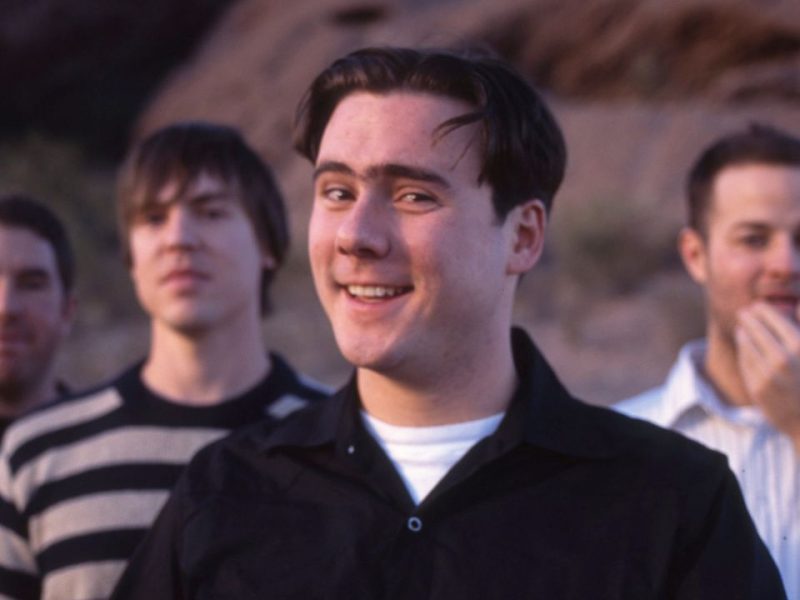In 1986, the UK’s punk movement celebrated its tenth anniversary. Inevitably, some marked the occasion, not least Manchester’s Factory Records who staged a series of media-friendly events and concerts dubbed “Festival Of The Tenth Summer.” Others had less interest in looking back. In fact, one of the original movement’s biggest acts, Siouxsie & The Banshees had no truck whatsoever with such tawdry retrospectives. The band was releasing its seventh studio album, Tinderbox, and continued to look to the future. “We find nostalgia repulsive,” vocalist Siouxsie Sioux said, emphasizing the point in an interview with UK music journalist Martin Aston in the spring of 1986. “Personally, I don’t like looking back on anything.”
The Banshees weren’t exactly punk, in any case. Though first rising to prominence due to Siouxsie and bassist Steve Severin’s links with Sex Pistols, the band’s 1978 debut, The Scream, was a stark, monochromatic affair that pushed way beyond the confines of punk. Then, after the media ordained Siouxsie as the High Priestess of Goth during the early 80s, the Banshees responded with Hyaena: a lush, yet eclectic offering featuring songs embellished with brass, keyboards, and even the London Symphonic Orchestra on the album’s second single “Dazzle.”
Listen to Siouxsie & The Banshees’ Tinderbox now.
The band was once again determined to move forward with Hyaena’s follow-up, Tinderbox. Their internal dynamic had changed after the departure of guitarist Robert Smith (who wished to devote all his energies to his other band, The Cure), and his place was taken by John Valentine Carruthers: a Yorkshire-born musician who played with Sheffield post-punk outfit Clock DVA prior to joining the Banshees.
Carruthers made his debut on his new band’s The Thorn EP during the fall of 1984, before the Banshees began working on their next album in earnest. They decamped to Berlin’s Hansa Ton Studios (the same complex that hothoused David Bowie’s “Heroes” and Iggy Pop’s Lust For Life), while also venturing out to fulfill touring commitments during the summer and fall of 1985. After extensive rehearsal, the band was well-drilled and the sessions went down smoothly, with the record’s title, Tinderbox, influencing at least some of its content.
“It’s called Tinderbox because everything seemed to happen either around situations or the effect of weather,” Siouxsie revealed in a March 1986 Melody Maker interview. Extremes in climate directly inspired several of Tinderbox’s best tracks, not least the brooding “92°” and the album’s first single “Cities In Dust.” Introduced by a sample from the 1953 sci-fi horror film It Came From Out Of Space, the former was influenced by one of the short stories in novelist Ray Bradbury’s October Country, wherein two old men witness murders and madness allegedly sparked by the temperature hitting 92°.
The atypically dancefloor-friendly “Cities In Dust,” meanwhile, was inspired by the band’s then-recent visit to Pompeii – the Ancient Roman city buried under volcanic ash following the eruption of Mount Vesuvius in AD79. “There’s a lot of tourism in Pompeii, but the place itself transcends all that,” Siouxsie told Creem magazine in October 1986. “You can think you’re the only person there. It’s quite immense, and seeing the bodies petrified by the volcanic ash had a strong effect on me. I wrote the lyrics when we returned to London from Italy and dedicated it to one of the petrified bodies. It almost looked as if there was someone underneath this kind of plaster cover. I almost expected it to get up and move.”
Elsewhere, the Banshees played to their strengths on more typically anthemic, guitar-driven fare such as “Cannons,” “Land’s End” and the album’s dramatic second single “Candyman,” even if the latter song’s lyric tackled a taboo subject and was often misrepresented. “It’s really to do with grown ups’ abuse of children’s trust,” Siouxsie explained in a contemporaneous Melody Maker interview. “Whether it’s sexual or not, the innocence and dependency as well. I just find anything to do with that is repulsive.” She added, “Our manager thought it was about drugs, the Candyman being the supplier or whatever. I suppose it can be translated as that, if you’re thinking about people being used that way.”
Courageous lyrical concerns or not, Tinderbox emerged as the Banshees’ most cohesive – and direct – set of songs to date. Its dark, yet radio-friendly sound struck a chord at a time when other rising UK alt-rock acts such as Echo & The Bunnymen and Simple Minds were gaining traction in the mainstream. Released by Polydor in the UK, the album peaked at No. 13 in the UK, while its US release – through Geffen – also put up a strong showing, peaking inside the Top 100 of the Billboard 200. Indeed, with Tinderbox, Siouxsie & The Banshees had again shaken things up with a fresh, vibrant record which proved they were absolutely right to stay focused on the future at a time when they could so easily have succumbed to the lure of the past.
Listen to Siouxsie & The Banshees’ Tinderbox now.



